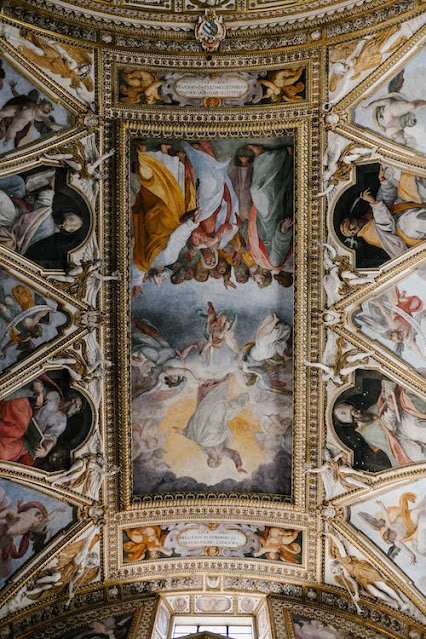Congregational Contributions: The primary source of funding for many churches comes from the regular contributions and donations made by their members and attendees. These offerings, tithes, and donations are often essential for covering day-to-day expenses, including salaries, maintenance, and utility costs.
Fundraising: Churches often engage in various fundraising activities, events, and campaigns to raise money for specific projects or building expansions. These can include bake sales, auctions, charity events, and capital campaigns, where members and supporters are encouraged to make significant contributions for a specific purpose.
Grants and Foundations: Some churches may seek grants and support from religious foundations or charitable organizations. These grants can be used for community outreach programs, charitable initiatives, or even building projects.
Loans and Financing: In some cases, churches may take out loans or secure financing from banks or other financial institutions to fund building projects or property acquisitions. The loans are typically paid back over time using a combination of donations, fundraising efforts, and other income streams.
Endowments and Investments: Larger and older churches may have accumulated endowments or investments over the years, generating income that can be used to cover operating expenses or invest in property and building maintenance.
Donations from Wealthy Individuals or Benefactors: Generous individuals or families may donate significant amounts of money to support a church's growth and development. These philanthropic contributions can make a substantial impact on funding large projects.
Religious Organizations: In some cases, churches may receive financial support from their denomination or religious organization. For example, Catholic churches may receive assistance from the Vatican or other hierarchical structures within the Catholic Church.
Regarding the Vatican's role in funding churches, it's essential to understand that the Vatican is the central governing body of the Catholic Church. While the Vatican does oversee the administration of certain resources and assets, it is not directly responsible for funding individual church buildings or properties worldwide. Instead, individual Catholic churches rely on the support mentioned above sources, including donations from their members and fundraising efforts, to cover their expenses and construction projects. The Vatican's primary role is to guide and govern the Catholic Church as a whole and to provide guidance on matters of faith and doctrine.


No comments:
Post a Comment